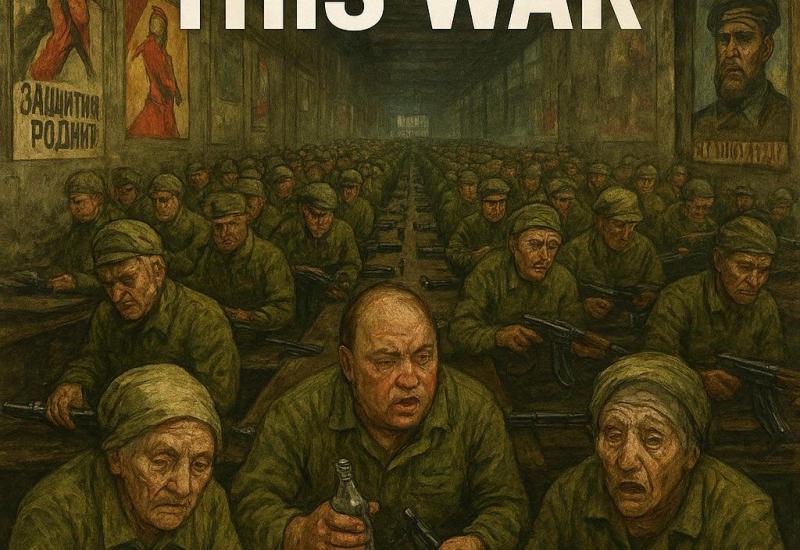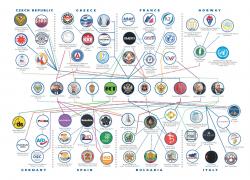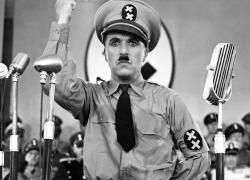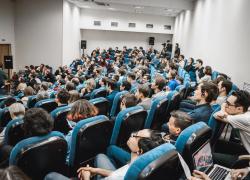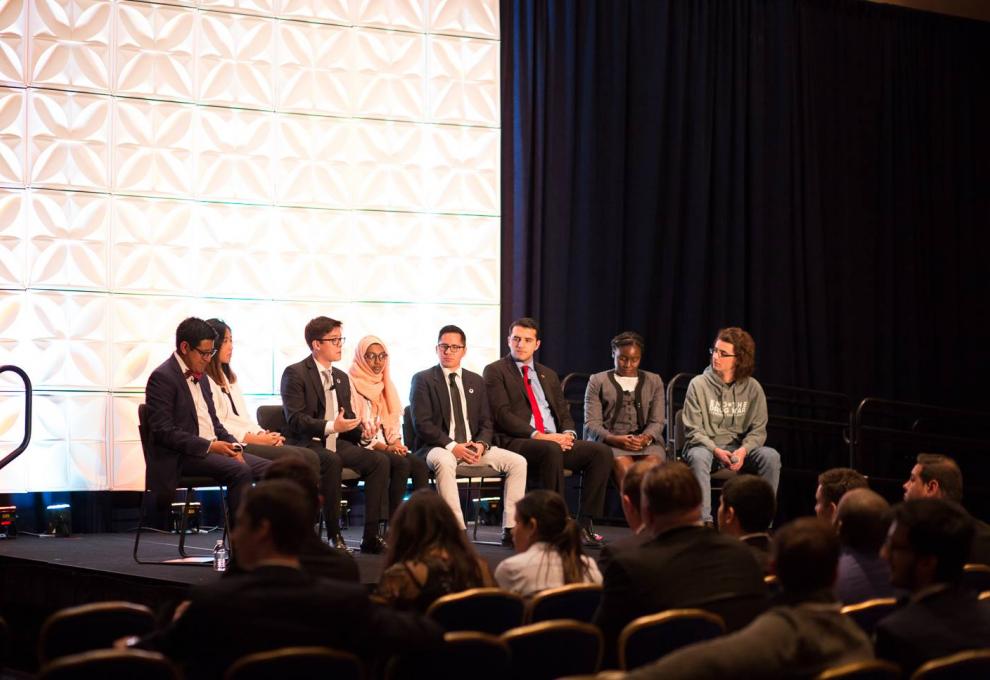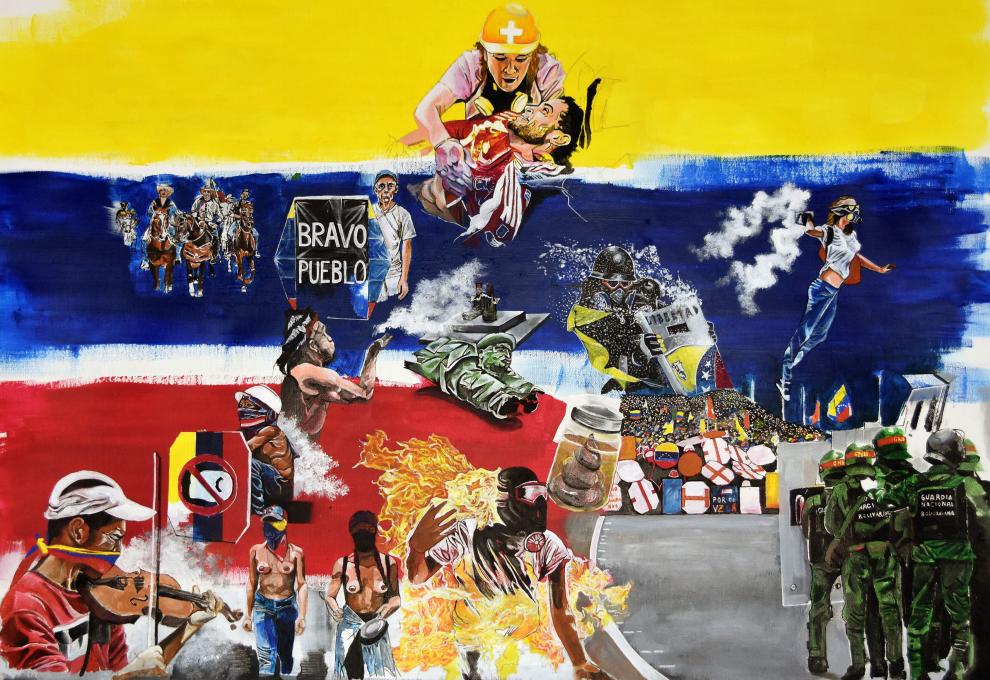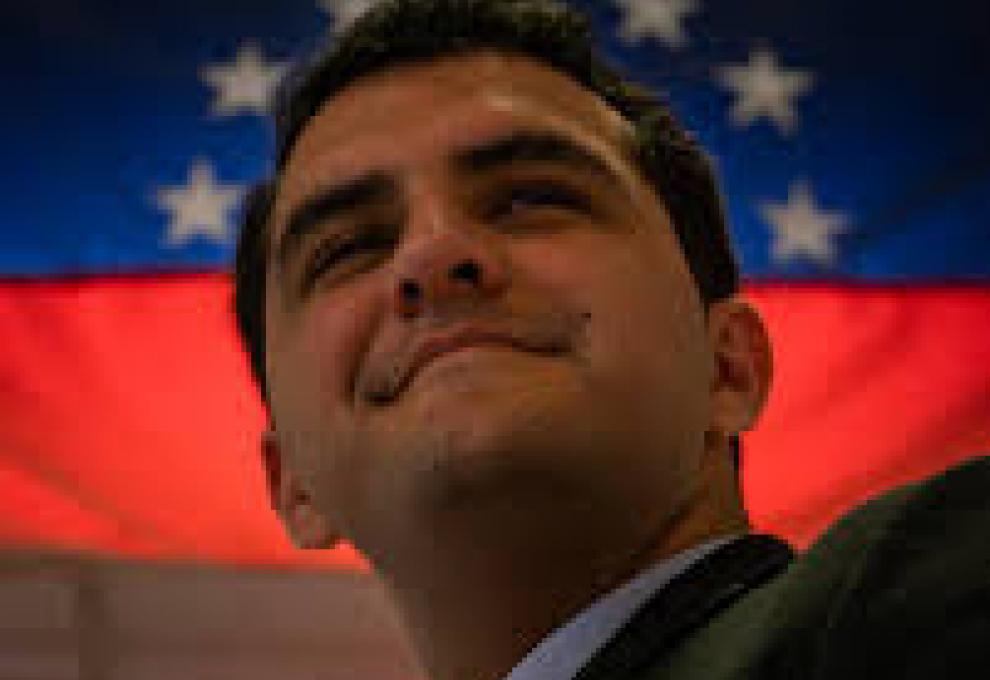Humanizing Economics
“We have to understand the realities of our people. We need to familiarize ourselves with their talents, struggles, and goals. By doing this, we will be able to design policies to maximize their talents and mitigate their deficiencies, which is the only way to develop our nations.”
Economic debates tend to be cold, very cold. Economists tend to use jargon every time they can. They tend to use stats to convey complex realities. And above all, they tend to speak from a descriptive rather than normative perspective. I.e., to talk about social phenomena not as they would like it to be, but as it is in reality.
All of these are good practices if used properly. This is even true regarding the use of jargon, as these words can help explain or describe a concept or an argument. However, they distance us from the more humane aspects of economics. The one that cannot be illustrated by cold facts, but by on-the-ground realities.
This has been my own personal experience. On the one hand, I have studied economics in the traditional sense of the word. I got my degrees from good universities. I have done research alongside excellent academics. And I have tried to attend seminars, conferences, and a ton of extracurricular activities. Overall, these experiencing have given me the intellectual and academic capabilities I need to understand basic economic concepts, dynamics, and realities.
However, there is a big part of my training that has not been in the classroom, but by opening my eyes to the harsh realities of our economies.
For instance, when I spend time in Latin American countries, it is impossible to avoid looking at our intolerable levels of economic misery, our record-breaking poverty rates, or our immoral levels of income inequality. An inequality that was not fueled by competence or entrepreneurship, but by political connections.
This is the other part of my training. The most important part if I had to choose. The part that allows me to go beyond the cold-hearted facts, allowing me to look into the main challenges of our nations.
By doing this, it becomes impossible to not humanize economics. For instance, sometimes when I am in economic conferences, academics tend to describe raising GDP or accumulating more capital as the ultimate goal of a government’s economic policies. And this could not be further from the truth.
Economics is not about that. It is about people. Accordingly, economic policies are not about improving a nations’ GDP or Gini Index, it is about helping the flourishing of our people, from their economic development to their spiritual and emotional well-being.
I think this is a lesson modern economists have to internalize. A lesson that the founders of modern economics had. In fact, this is why Adam Smith also wrote about moral philosophy. These people wanted to understand the way we humans behave, the way we feel, the things we believe in. These are lessons that we modern economists have forgotten.
Why? Because we have devoted our lives to reading and writing, and not looking. Because we spend our careers at beautiful campuses that are nothing like the real world. Because we befriend other economists. Etc!
For this reason, my call to action in this article could not be more obvious. Let’s get out there. Let’s talk to the people we want to help. Let’s ask them about their challenges, their beliefs, their goals. This way, we will be able to design better economists for them, to formulate better economic policies, policies that can actually complement their talents and skills, while also mitigating their problems.
This is the only way our countries will develop. There is no other way.
By Jorge Jraissati
Jorge Jraissati is the president of the Venezuelan Alliance. Graduated at the Wilkes Honors College, Jorge is an economist, political leader, and a fellow at the Abigail Adams Institute. Jorge has been invited as a guest lecturer to over 20 universities, such as Harvard, NYU, and Cambridge.



